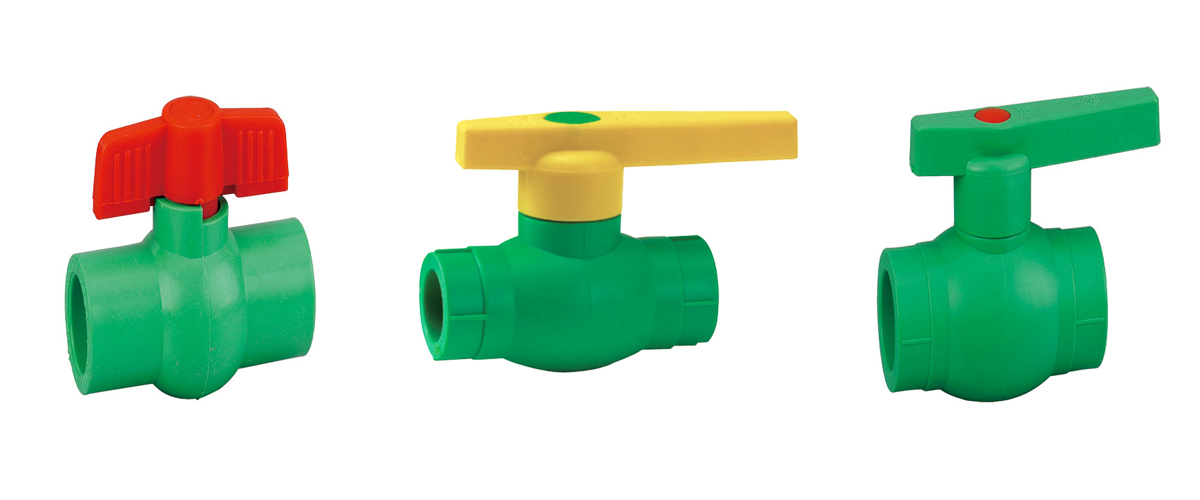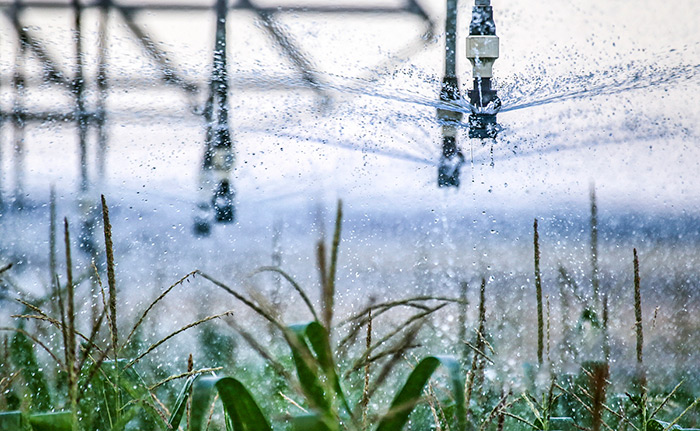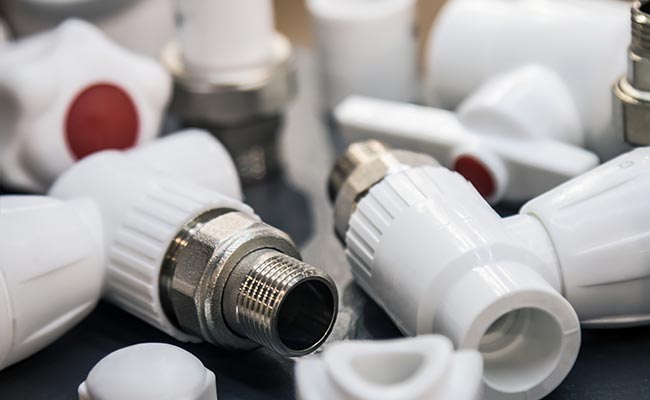
Choosing the right ball valve can feel overwhelming, but understanding the basics simplifies the process. PPR Brass Ball Valve excels in durability and resistance, while steel ball valves stand out in strength and versatility. Factors like cost, maintenance, and usage matter most. Each type shines in specific situations, making them ideal for different needs.
Key Takeaways
- PPR Brass Ball Valves are light, affordable, and great for home water systems because they last long and don’t rust.
- Steel Ball Valves work well in places with high pressure or heat, so they are good for factories and industries like oil and gas.
- Think about your project’s needs, like cost and use, to pick the best valve for the job.
Overview of PPR Brass Ball Valves
Key Features
PPR Brass Ball Valves are known for their lightweight design and exceptional durability. They are made from a combination of polypropylene random copolymer (PPR) and brass, which gives them unique advantages. These valves resist high pressure and temperature, making them suitable for demanding environments. They also offer excellent corrosion resistance, ensuring a long lifespan even in harsh conditions.
Another standout feature is their smooth interior surface. This design reduces pressure loss and allows for higher flow capacity compared to traditional metal valves. Additionally, these valves are hygienic and safe for potable water systems. Their eco-friendly and recyclable nature makes them a sustainable choice for modern applications.
Pros and Cons
Pros:
- Lightweight and easy to handle.
- High resistance to pressure and temperature.
- Corrosion-resistant, ensuring long-term performance.
- Smooth interior for better flow capacity.
- Safe for drinking water and environmentally friendly.
- Cost-effective installation due to reduced labor and material costs.
Cons:
While PPR Brass Ball Valves excel in many areas, they may not be ideal for extremely high-temperature industrial applications where steel valves might perform better.
Best Applications
PPR Brass Ball Valves are versatile and can be used in various settings. Their ability to handle high pressure and temperature makes them a reliable choice for both residential and industrial systems. Below is a table highlighting their best applications:
| Application Type | Description |
|---|---|
| Water Supply Systems | Efficiently controls water flow, essential for opening and closing supply to sinks and toilets. |
| Heating Systems | Regulates hot water flow to radiators and underfloor heating, leveraging heat resistance. |
| Irrigation Systems | Manages water flow in agriculture, providing precise control for distribution. |
| Industrial Usage | Controls flow of chemicals and fluids, with corrosion-resistant properties for durability. |
These valves are particularly effective in water supply and heating systems due to their ability to withstand high temperatures. Their corrosion resistance also makes them a great fit for irrigation and industrial applications where chemical exposure is common.
Overview of Steel Ball Valves
Key Features
Steel ball valves are known for their strength and reliability. They are crafted from high-quality stainless steel, which makes them resistant to corrosion and wear. These valves can handle extreme temperatures and pressures, making them ideal for heavy-duty applications. Their compact design ensures precise control and efficient shut-off capabilities.
Steel ball valves also meet strict industry standards. They undergo rigorous testing to ensure durability and performance. For instance, manufacturers follow a quality control plan that includes initial inspections and periodic external checks. This guarantees compliance with certification requirements and ensures long-term reliability.
| Feature | Description |
|---|---|
| Product Norm | Adheres to industry standards for steel ball valves. |
| Type Test Report | Confirms technical requirements through testing. |
| Quality Control Plan | Details internal quality checks during production. |
| Initial Inspection | Verifies compliance at the production stage. |
| Periodical External Inspections | Annual reviews to maintain certification standards. |
Pros and Cons
Pros:
- Exceptional durability and corrosion resistance.
- Suitable for high-pressure and high-temperature environments.
- Low maintenance requirements.
- Compact design for precise flow control.
- Long lifespan, even in harsh conditions.
Cons:
Steel ball valves may have a higher upfront cost compared to other materials. However, their durability and low maintenance often offset this over time.
Best Applications
Steel ball valves are widely used across various industries due to their versatility. They are essential in sectors like oil and gas, chemical processing, and water management. Below are some examples of their applications:
- Oil & Gas: These valves handle high-pressure systems and resist corrosion from harsh chemicals.
- Chemical Plants: A case study showed that installing over 120 steel ball valves improved operational efficiency.
- Water Management: Urbanization has increased the demand for reliable valves in wastewater systems.
- Mining Operations: Steel ball valves address solidification issues, ensuring smooth operations.
The industrial valve market report highlights that ball valves hold a significant market share of 19.5% in 2024. Their compact design and low maintenance make them indispensable in industries requiring precise control and durability.
Comparison and Decision-Making Guide
Durability and Strength
When it comes to durability, both PPR Brass Ball Valves and steel ball valves offer impressive performance. However, their strengths lie in different areas. PPR Brass Ball Valves are lightweight yet tough. They resist corrosion and chemical damage, making them ideal for environments where water quality or chemical exposure might be a concern. Their ability to withstand high pressure and temperatures up to 70°C (and transient temperatures up to 95°C) ensures long-term reliability.
Steel ball valves, on the other hand, are built for heavy-duty applications. They excel in extreme conditions, handling high pressures and temperatures without compromising performance. Their stainless steel construction makes them resistant to wear and tear, even in industrial settings. For projects requiring maximum strength and durability, steel ball valves often take the lead.
Tip: If your project involves potable water systems or environments prone to chemical exposure, PPR Brass Ball Valves are a great choice. For industries like oil and gas or mining, steel ball valves are better suited.
Cost and Budget Considerations
Budget plays a big role in decision-making. PPR Brass Ball Valves are cost-effective, especially during installation. Their lightweight design reduces transportation costs, and their ease of installation can cut labor expenses by up to 50% compared to metal piping systems. This makes them a smart choice for residential and commercial projects where cost efficiency matters.
Steel ball valves, while more expensive upfront, offer long-term savings. Their durability and low maintenance requirements mean fewer replacements and repairs over time. For industries with high operational demands, the initial investment in steel ball valves often pays off in the long run.
Note: If you’re working on a tight budget, PPR Brass Ball Valves provide excellent value without compromising quality. For projects requiring longevity and minimal maintenance, steel ball valves are worth the investment.
Application-Specific Recommendations
Choosing the right valve depends on the application. PPR Brass Ball Valves shine in residential and commercial water systems. Their hygienic and non-toxic properties make them perfect for potable water installations. They also work well in heating systems, irrigation setups, and chemical flow control due to their corrosion resistance and high flow capacity.
Steel ball valves are the go-to option for industrial applications. They handle extreme conditions in sectors like oil and gas, chemical processing, and mining. Their compact design ensures precise control, making them indispensable for systems requiring accuracy and reliability.
| Application Type | Recommended Valve Type | Reason |
|---|---|---|
| Residential Water Systems | PPR Brass Ball Valve | Hygienic, safe for drinking water, and cost-effective. |
| Heating Systems | PPR Brass Ball Valve | High temperature resistance and efficient flow control. |
| Industrial Processes | Steel Ball Valve | Handles high pressure and extreme temperatures with durability. |
| Chemical Plants | Steel Ball Valve | Corrosion-resistant and reliable in harsh chemical environments. |
Reminder: Always assess the specific requirements of your project. Consider factors like pressure, temperature, and exposure to chemicals before making a decision.
Choosing between PPR brass and steel ball valves depends on your specific needs. PPR brass valves are lightweight, cost-effective, and ideal for water systems. Steel valves excel in durability and industrial use.
Tip: Match your choice to your project’s durability, budget, and application needs.
For inquiries, contact Kimmy at:
Post time: May-21-2025




